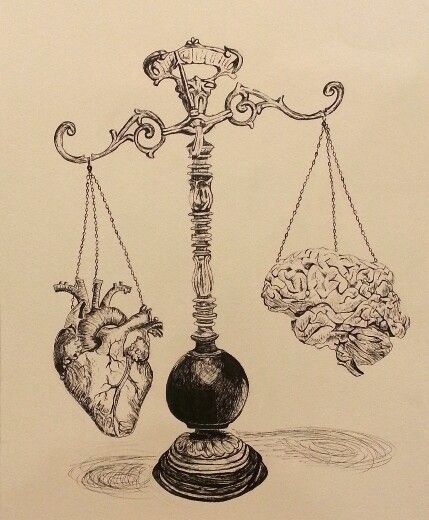
The Psychological Descent into Darkness: Exploring the Mental Impact of War and Imperialism in Heart of Darkness
Joseph Conrad uses Modernist narrative techniques such as narrative fragmentation, ambiguity, and psychological introspection in Heart of Darkness to depict the profound mental degeneration caused by imperialism, illustrating how colonial violence, like war, induces a descent into madness, moral ambiguity, and alienation, replicating the broader psychological impacts of modern warfare. In this essay the Mental Impact of War and Imperialism in the novel will examined through three title as; Kurtz as a symbol, Marlow's psychological transformation, and alienation and the collapse in European ideals and some of the Modernist techniques that help Conrad to reflects this sides to the readers.
Kurtz begins as an idealist, believing in civilizing the natives, but ends up consumed by power and brutality. His psychological collapse throughout the story serves as a powerful symbol of the mental devistation caused by the imperialist violence. In the beginning presented as idealistic, ambitious man who seeks to civilized a so called uncivillized world in Africa, Kurtz gone to savagery in Africa, which shows us how imperial power corrupts a one's mind. Coming out of from a country like England, restrain and society based world, Kurtz find himself in an environment where he answers to no one, and this unchecked freedom leads him to complate moral corruption. Instead of achieving his main goal he gets in the beginning, enlightening the people, he becomes a fear figure and dominant to these people. Commits savagery under the name of progress. Kurtz's final moments demonstrate an intense inner conflict as he struggles with the horrors of what he has done and the emptiness of the creed he once falsely pretended to maintain. The jungle that closes in around him in the novel is a metaphor for his mind, wild, dark, and disordered. As he goes deeper into the jungle, he goes deeper into his own mind, where his ideas of right and wrong disintegrate. This parallel between the outside world and his mind shows us a basic Modernist idea: the collapse of the mind and the uncertainty of human thought. Conrad demonstrates through Kurtz that imperialism is not just a matter of power and politics it also destroys people from the inside out. The corruption starts at the human mind.
Marlow's voyage through Congo is not only a physical journey but also a deep personal journey. Throughout the story we see obvious chracteristic changes in Marlow directly based on his journey to Congo. As he goes farther into the jungles of Congo he starts to see the differences between "civilized" and "uncivilized, savage" is not clear as it dictated to him in England. He watches the British Colonizers' actions and the brutality they made to the native people of Congo, from the first hand. This makes Marlow questions everything he believe. And while he questions his values he starts to grow respect and fear toward kurtz, cause Kurtz has seen the darkest side of the humanity and ruined by it. Marlow disturbed by this and carries the weight even after Kurtz's death. When he tells a lie to Kurtz, we se that his chracter already changed cause he no longer believes little truths or morally right decisions. This small lie actually shows us something big in Marlow's heart gone darker. The way the story is told to us through the frame narrative by Marlow's perspective, reflects his confused state of mind. This Modernist technique helps Conrad to show how hard it is to understand the world when everything you believe feels uncertain and the world you know is broken inside.
While Marlow continues his journey, he starts to feel more and more distant from the other Europeans around him. Most of them stay blind to the brutality their own countries made in Africa, and the rest of them are already choose to be a part of this brutality. And he simply starts to feel not belong to them anymore, and starts to feel alone around them. And he realizes how the system of imperialism full of strange and unnecessary rules, such as useless paperworks, and empty traditions they all unmeaningfull and an attempt to formalize the brutality. His experiences in Congo make him feel disconnected from everything he once believed in. He watches that the idea Europe bringing light and progress to the Africa is false, he starts to feel alienated in his hometown. Once he lost his faith in the world he once believed, and see how human heart can go darker, he feels all alone in this corrupted system.
Conrad's Heart of Darkness demonstrates the deep psychological damage caused by imperialism through motifs of madness, internal struggle, and isolation. Through the characters of Kurtz and Marlow, and through ambiguous narration and Modernist techniques, the novel demonstrates that imperialism is more than a political philosophy it acts like a form of warfare that destroys the human psyche. This way, Conrad examines the psychological effect of violence and questions if the human mind can stay sane under such pressure.

